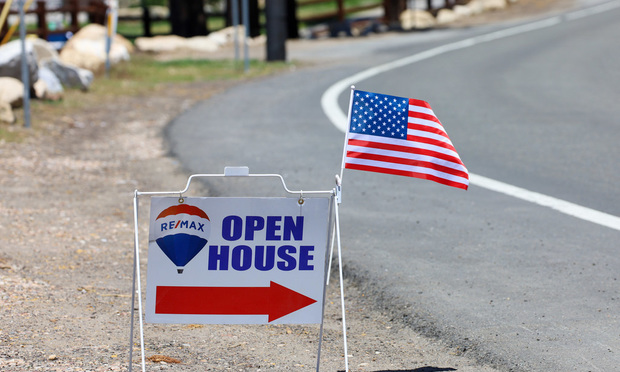Louisiana officials have informed a risk retention group trade organization that a plan to charge RRGs a $1,000 fee has been dropped.
The National Risk Retention Association said it received notification by letter from the Louisiana Insurance Department informing that risk retention groups will be exempt from paying a financial regulation fee. The State of Louisiana also revised the Annual Premiums Tax Statement Form 1061 to reflect the exemption for RRGs.
NRRA said if the fee had been imposed it would have been a "direct breach of the federal Liability Risk Retention Act, which prevents states from imposing these types of fees."
NRRA said it sent a letter to Tommy Coco, director of the Tax Division for the Louisiana Department of Insurance, on Jan. 9, contesting the fee. NRRA member Risk Services, LLC sent a letter as well, NRRA said.
"We appreciate that Louisiana acknowledged that this law did not apply to RRGs and promptly responded when we pointed that out," Robert H. 'Skip' Myers Jr., general counsel for NRRA, told National Underwriter.
The effort to have Louisiana drop the fee is the latest in NRRA's ongoing efforts to see that the federal law for risk retention groups is upheld in the 50 states.
Mr. Myers noted that in another instance, NRRA sent a letter, Jan. 10, to the Maine Bureau of Insurance, which NRRA discovered is requiring RRGs to submit antifraud and abuse annual reports.
The letter read: "Not only does Maine lack the legal authority under the federal Liability Risk Retention Act (LRRA), 15 U.S.C. ? 3901 et seq., to require this filing, but the filing could be burdensome to RRGs due to potentially conflicting or duplicative requirements of other states.
"Finally, under the LRRA, the state of domicile of the RRG is the only state that has the authority to request such a filing. Such domiciliary states would be able to satisfy any reasonable request for an antifraud plan in response to a request by Maine."
The letter continued that although the act "also specifies exceptions to this broad preemption and allows states to require RRGs to comply with particular regulations, none of the enumerated exceptions apply to Maine's antifraud plan filing requirement."
Mr. Myers said that Maine joins the list of a number of states that have been notified by NRRA that they are not abiding by the federal law.
"Our position is that this cannot be done under the federal law," he said. "Then it's up to the individual RRG as to what they want to do."
Most of the RRGs, he said, choose to ignore the state's request. "Some will write a letter saying 'we respectfully don't submit to what you're asking,' and sometimes they ignore it."
While the state sometimes responds that the RRG has to comply, "nobody has incurred any kind of administrative penalty," Mr. Myers said.
Want to continue reading?
Become a Free PropertyCasualty360 Digital Reader
Your access to unlimited PropertyCasualty360 content isn’t changing.
Once you are an ALM digital member, you’ll receive:
- Breaking insurance news and analysis, on-site and via our newsletters and custom alerts
- Weekly Insurance Speak podcast featuring exclusive interviews with industry leaders
- Educational webcasts, white papers, and ebooks from industry thought leaders
- Critical converage of the employee benefits and financial advisory markets on our other ALM sites, BenefitsPRO and ThinkAdvisor
Already have an account? Sign In Now
© 2024 ALM Global, LLC, All Rights Reserved. Request academic re-use from www.copyright.com. All other uses, submit a request to [email protected]. For more information visit Asset & Logo Licensing.








